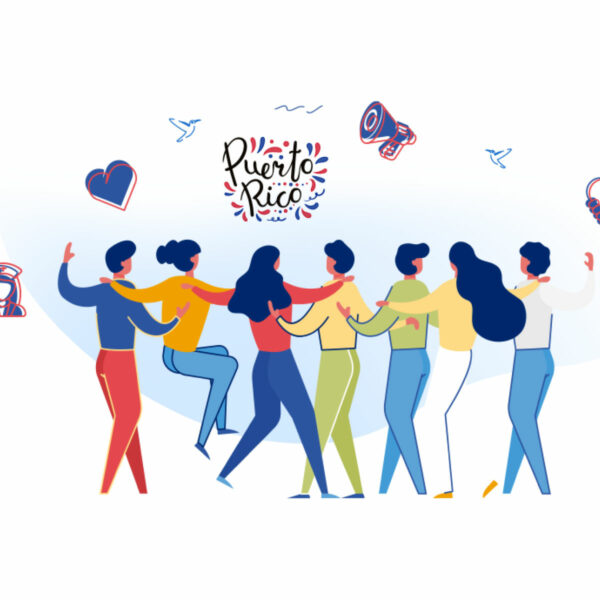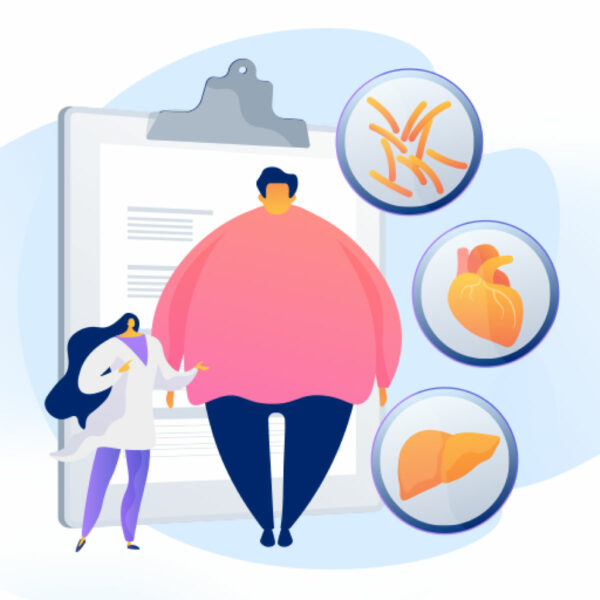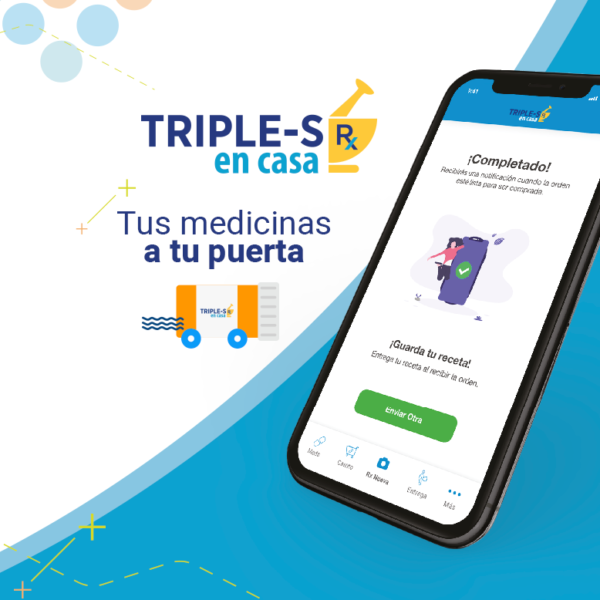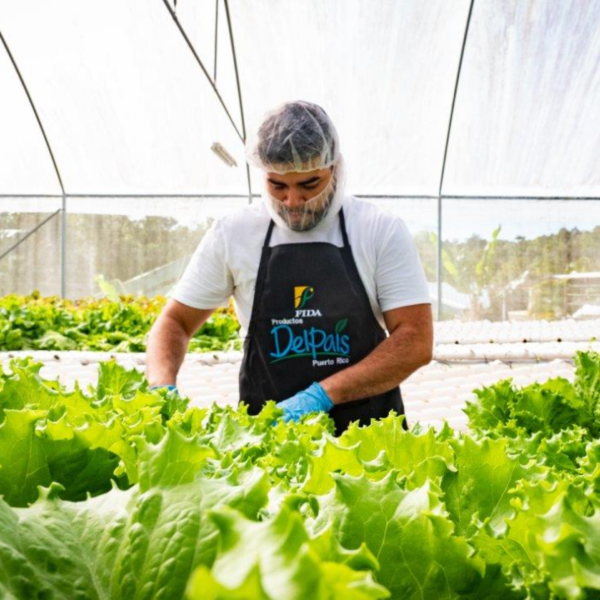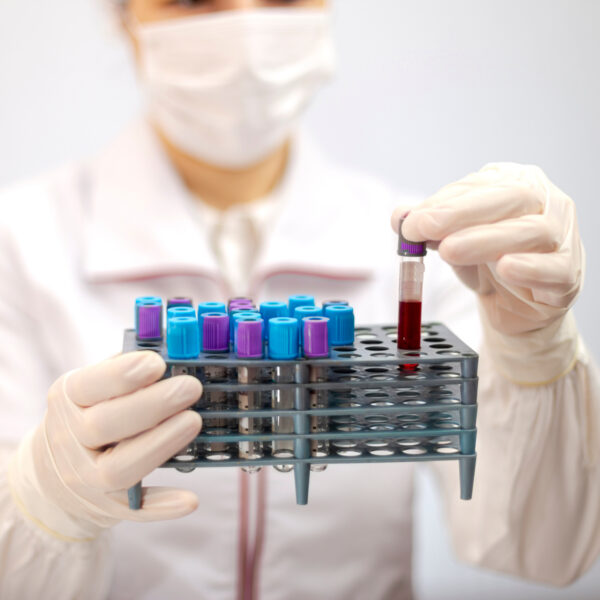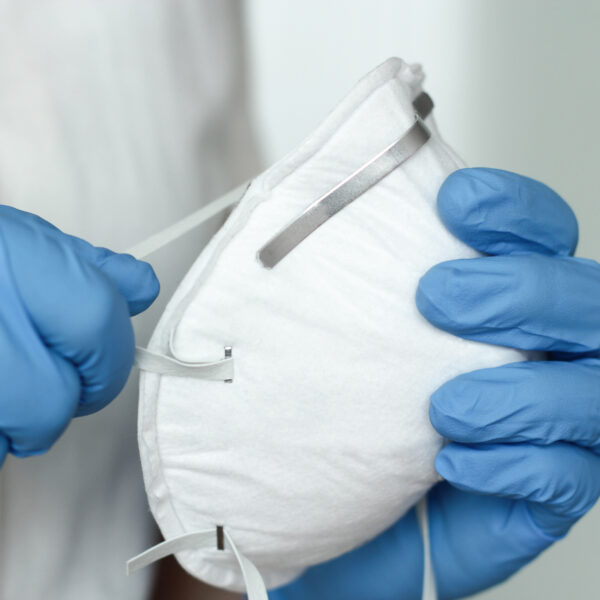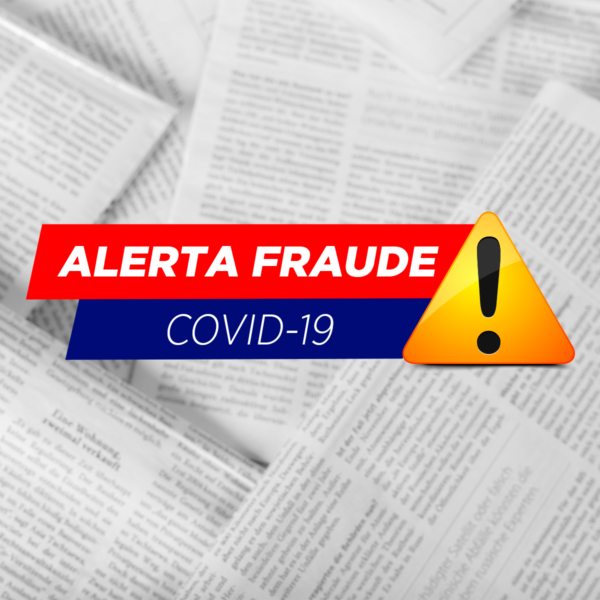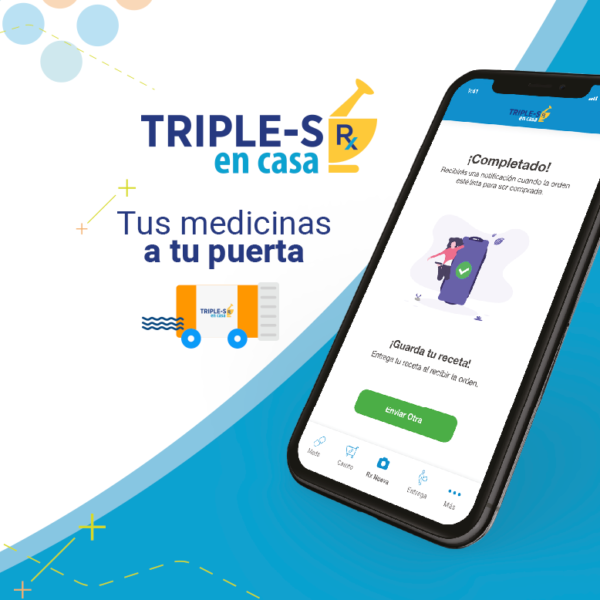If you have already been vaccinated against COVID-19, you probably wish to reconnect with family and friends and resume other activities that were lost in the pandemic.
“In response to citizens’ interest as vaccination efforts move forward, the CDC (Centers for Disease Control and Prevention) has slightly eased protective measures for those who are fully vaccinated,” explains Dr. Jadeyra Rivas, medical service provision director for Triple-S Medicare Advantage.
Are You Fully Vaccinated?
Dr. Rivas explains that, for the CDC, those who are fully vaccinated are:
- • Those who received their second dose of the Pfizer or Moderna vaccines 2 weeks ago.
- • Those who received Johnson & Johnson’s single-dose vaccine 2 weeks ago.
“If 2 weeks haven’t passed since you got vaccinated, or if you still need the second dose, you’re not fully protected and must keep taking all the necessary preventive measures,” she stresses.
What You Can Do Now
If you have already fully vaccinated, the CDC has eased the rules a bit and now allows for:
- Fully vaccinated people to meet indoors with other fully vaccinated people without the use of face masks.
- Fully vaccinated people to meet indoors with non-vaccinated people of other households (e.g. visiting relatives who live together) without the use of face masks. This doesn’t apply if any of those family members or friends are at risk of becoming seriously ill from COVID-19.
Don’t Let Your Guard Down, Even If You Have Been Vaccinated
“Getting vaccinated against COVID-19 is a step in the right direction, but it doesn’t mean that the pandemic is over or that we can let our guard down and stop following safety measures to avoid becoming infected,” says Dr. Rivas.
Even if you have been vaccinated, the CDC recommends that:
- You continue taking the necessary measures to protect yourself and others when in public, such as wearing face masks, maintaining a physical distance of at least 6 feet, and avoiding crowds and poorly ventilated spaces.
- You should avoid domestic and international travel. If you cannot postpone travel, you must comply with CDC requirements and recommendations for these cases.
- You should continue to watch out for symptoms of COVID-19. If you have symptoms, you should get tested, and stay at home away from others.
“Those who have been vaccinated probably ask themselves why it is necessary to continue with protective measures. First, the protection or immunity that the vaccine offers may take several weeks to develop. This implies that, in the meantime, you can catch it and spread it to others. In addition, the vaccine protects you from getting seriously ill, but with the information we currently have, we don’t know if being vaccinated prevents you from infecting others,” she pointed out.
Finally, Rivas assured that safety and protective measures will remain in place until enough people have been vaccinated to achieve herd immunity.
Main Benefits of Being Vaccinated
- First of all, vaccination against COVID-19 will help you avoid getting the disease.
- But even if you get infected, it will help make your symptoms less severe than without the vaccine.
- Furthermore, vaccination against COVID-19 is the most reliable way to help build immunity in our communities and avoid the serious life-threatening consequences of contracting the virus.
Source:
https://espanol.cdc.gov/coronavirus/2019-ncov/vaccines/fully-vaccinated.

